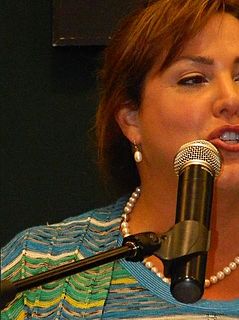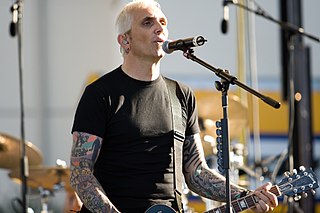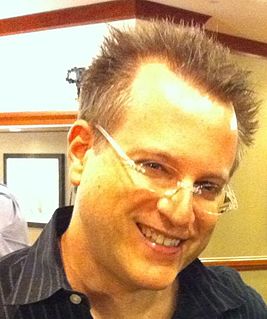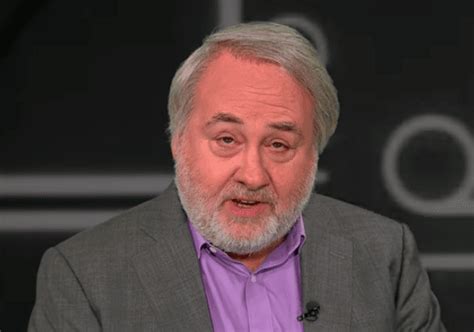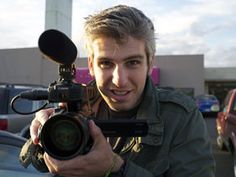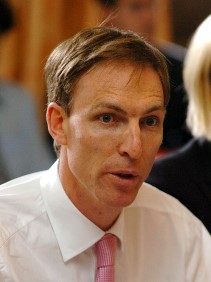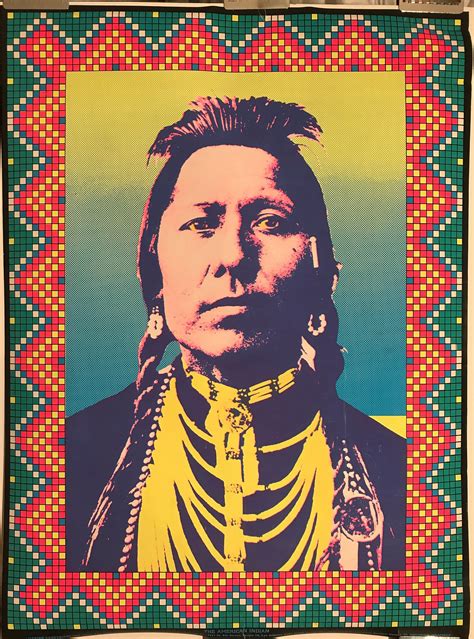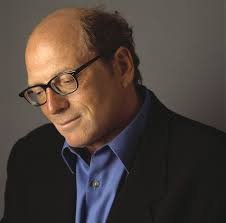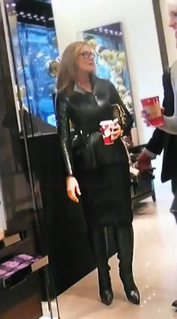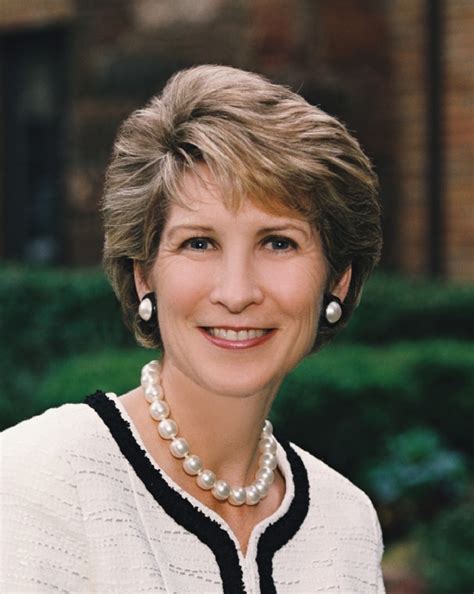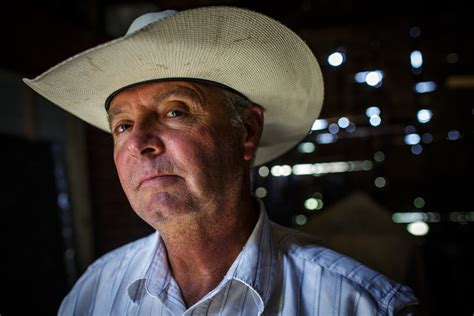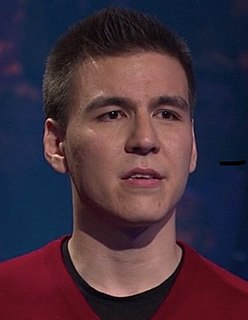Top 406 Nonfiction Quotes & Sayings - Page 5
Explore popular Nonfiction quotes.
Last updated on April 22, 2025.
In terms of a narrative nonfiction book, when you're describing scenes that you have multiple sources for, and that you have differing sources for, and you decide to choose a path that puts all that information together, well yeah, there's definitely going to be a little bit of the author in that. But there's nothing wrong with that.
I discovered that I, a writer of what is known as creative nonfiction, could do the research and bridge the gap in my books and lectures through true storytelling. This is not 'dumbing down' or writing for eighth graders. It is writing for readers across cultures, age barriers, social and political landscapes.
Since I was a graduate student, I've done a lot of journalism on the side, for The Village Voice, The Nation etc. And my greatest passion, as a reader, has always been nonfiction, with its vast, often underestimated imaginative and formal possibilities and its aura of the real. I find that combination seductive.
I'm Turkish-American; I was a freshman at Harvard in 1995 and 96. I did teach English in Hungary in the summer of 1996. I'm an autobiographical writer in the sense that whether in fiction or nonfiction, the issues and relationships and phenomena and problems I'm most interested in exploring are the ones I've experienced personally.
I think what's happening with book advances is something that most of the world just doesn't fully appreciate, especially when it comes to nonfiction, because writing a book of investigative journalism is an expensive endeavor, and the system works best if you have publishers making bets on authors.
